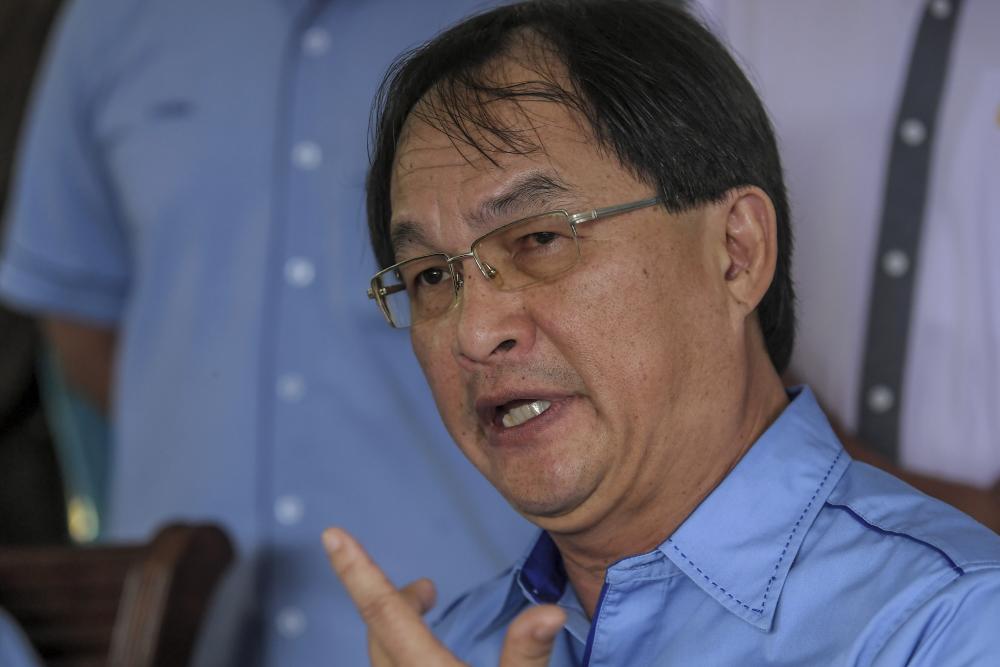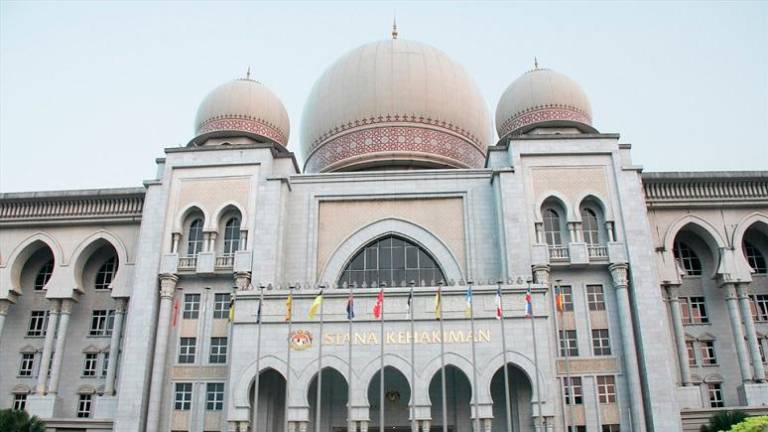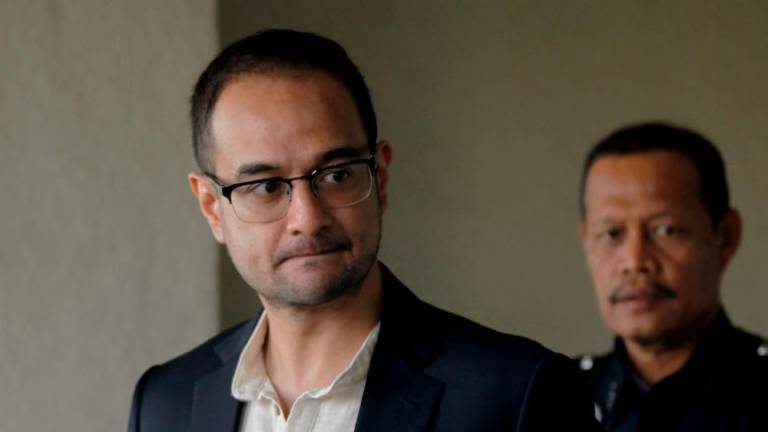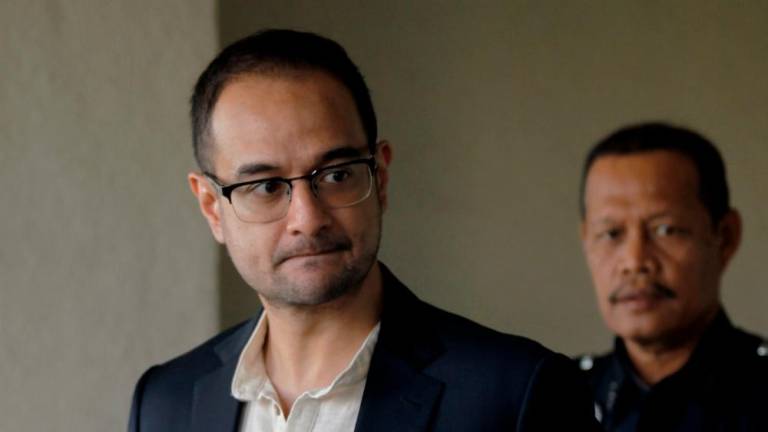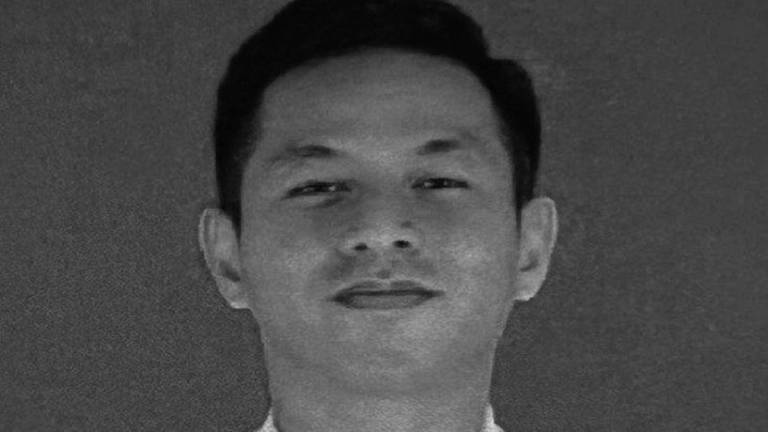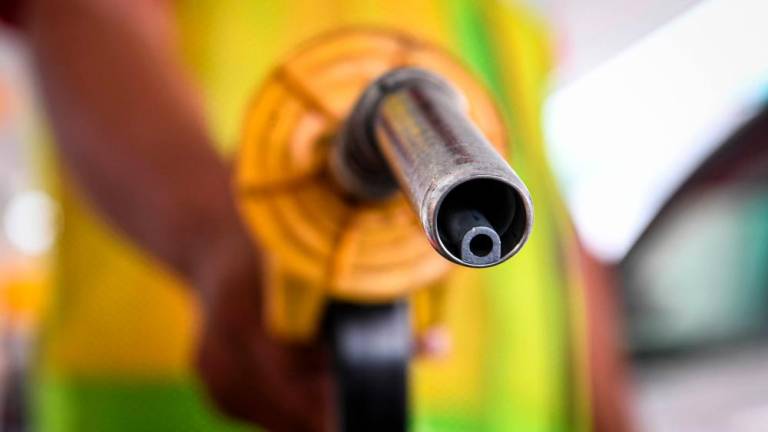KUCHING: The federal government is aware that much work remains to be done in Sarawak and Sabah to reach a similar level of infrastructure and electrification as in the peninsula.
Works Minister Baru Bian said the government was determined to close the gap soon, especially in improving environmentally sustainable infrastructure development in the rural areas, without violating and compromising the rights of the indigenous people.
“Being from the indigenous community of Sarawak, I understand precisely what it means to live in a community that is lacking in the necessary infrastructure, which is a key of poverty alleviation.
“The Ministry of Works will keep pushing the idea of promoting and implementing sustainable infrastructure development through the Construction Industry Transformation Plan (CITP) that lists five core initiatives,” he said.
He was officiating at the Clean Energy Collaboration (CEC) Sustainable and Inclusive Energy Pathways for Sarawak and Malaysia Conference here today.
Baru Bian said according to a research by the World Bank, although the indigenous peoples made up only five per cent of the world’s population, they protected 80 per cent of global biodiversity.
As such, he said, the government had to put the land rights of these communities as a major consideration in any conversation about a clean future.
“While we talk of renewable energy policy as an important factor in mitigating climate change, we should also recognise the unsung heroes protecting our planetary health, and among them, are the indigenous communities themselves,” said Baru Bian, adding that he was born in Long Luping, a typical indigenous village in rural Sarawak.
A lawyer by profession, he said, for decades he had supported indigenous communities in Sarawak who had been protecting their forests from mega industries, mega dams, logging companies and other illegal encroachment.
The event was organised by the SAVE Rivers, Partners of Community Organisation (PACOS) Trust Sabah and The Indigenous Peoples Network of Malaysia (JOAS), in collaboration with the Renewable and Appropriate Energy Lab of University of California, Berkeley. — Bernama



